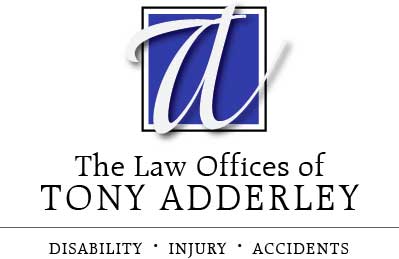Prepare Testimony
Getting witnesses ready to testify
Preparing witness testimony for Social Security disability hearings can be a daunting task. Witnesses are often asked to provide detailed information that can be difficult and time-consuming to collect. However, with proper planning and preparation, you can make sure that your witness is ready and able to provide a compelling testimony. This article will provide an overview of the steps involved in preparing a witness for Social Security disability hearings.
What is a Disability hearing? A Social Security disability hearing is a formal review of an applicant’s claim for benefits. During the hearing, the Administrative Law Judge (ALJ) will consider medical records and other evidence to determine if the applicant meets the Social Security Administration’s definition of disability. Witnesses may be called to provide firsthand testimony about the applicant’s physical and/or mental condition and work history. In some cases, witnesses may also help explain the complexities of medical evidence or provide information about the applicant’s lifestyle.

Preparing witness testimony
The process of preparing a witness for a Social Security disability hearing involves several steps. Here is a brief overview of the preparation process:
- Determine the relevance of the witness’ testimony: Before a Social Security disability hearing, you should carefully review the witness’ medical records, work history, and lifestyle information to determine the relevance of the witness’ testimony. This will help you determine if the witness is an appropriate and necessary witness in the case.
- Schedule an interview: It is important to schedule an interview with the witness before the hearing. This will give you the opportunity to review the witness’ testimony and make any necessary clarifications or modifications.
- Prepare necessary documents: You should also make sure that the witness has all the necessary documents for the hearing, including medical records, employment records, and any other documents that are relevant to the claim.
- Review testimony: During the interview, you should review the witness’ testimony to make sure it is consistent and clear. If there are any inconsistencies or inaccuracies, discuss them with the witness and determine the best way to address them.
- Rehearse the testimony: In addition to reviewing the testimony, you should also rehearse the testimony with the witness. This will help ensure that the witness provides clear and concise answers during the hearing.
Preparing witness testimony for Social Security disability hearings is a critical process. By following the steps outlined above, you can help ensure that your witness is prepared to provide an effective and compelling testimony.
What an attorney does to prepare witness testimony
As with any court hearing, witnesses can play an important role in Social Security disability cases. Lawyers must prepare witnesses who will testify for them with accuracy and conciseness. Here are the steps attorneys typically take when preparing witnesses for Social Security disability hearing.
First, the lawyer should discuss expectations with the witness. They will explain the purpose of the testimony and what questions the witness can expect to receive from the Administrative Law Judge. Attention should be given to details of the hearing process and witness attire.
The attorney will also instruct the witness to be honest, avoid exaggeration, and be courteous when responding to questions. They will explain how to answer questions clearly, cogently, and concisely. Along with these instructions, the attorney may provide a practice session to ensure the witness is well-prepared.
Moreover, the lawyer will ensure that the witness will focus on the particular benefits being sought in the hearing. They will then explain the competitor for Social Security disability benefits level of proof and of the elements the judge must find to award benefits.
Once the witness is familiar with the purpose of the hearing and the questions to expect, the attorney will provide any relevant documentation. This includes medical records, work histories, or any supportive letters. The lawyer will also discuss any expert witness that might be presenting in the hearing.
Lastly, the lawyer will call and confirm with the witness the date, time, and place for the hearing. The attorney should also arrange for any transportation required if the witness is from out of town.
By taking these steps, attorneys can ensure that witnesses give persuasive and powerful testimony at Social Security disability hearings, a valuable component of the disability benefits process.

